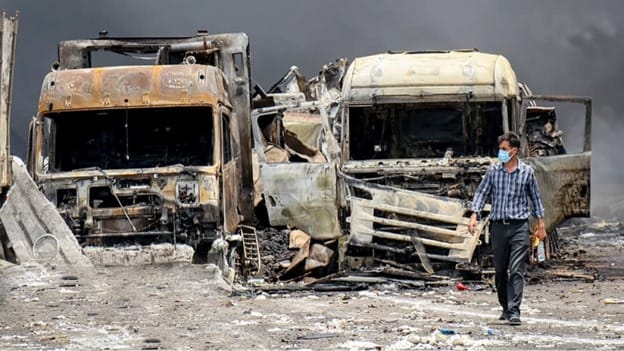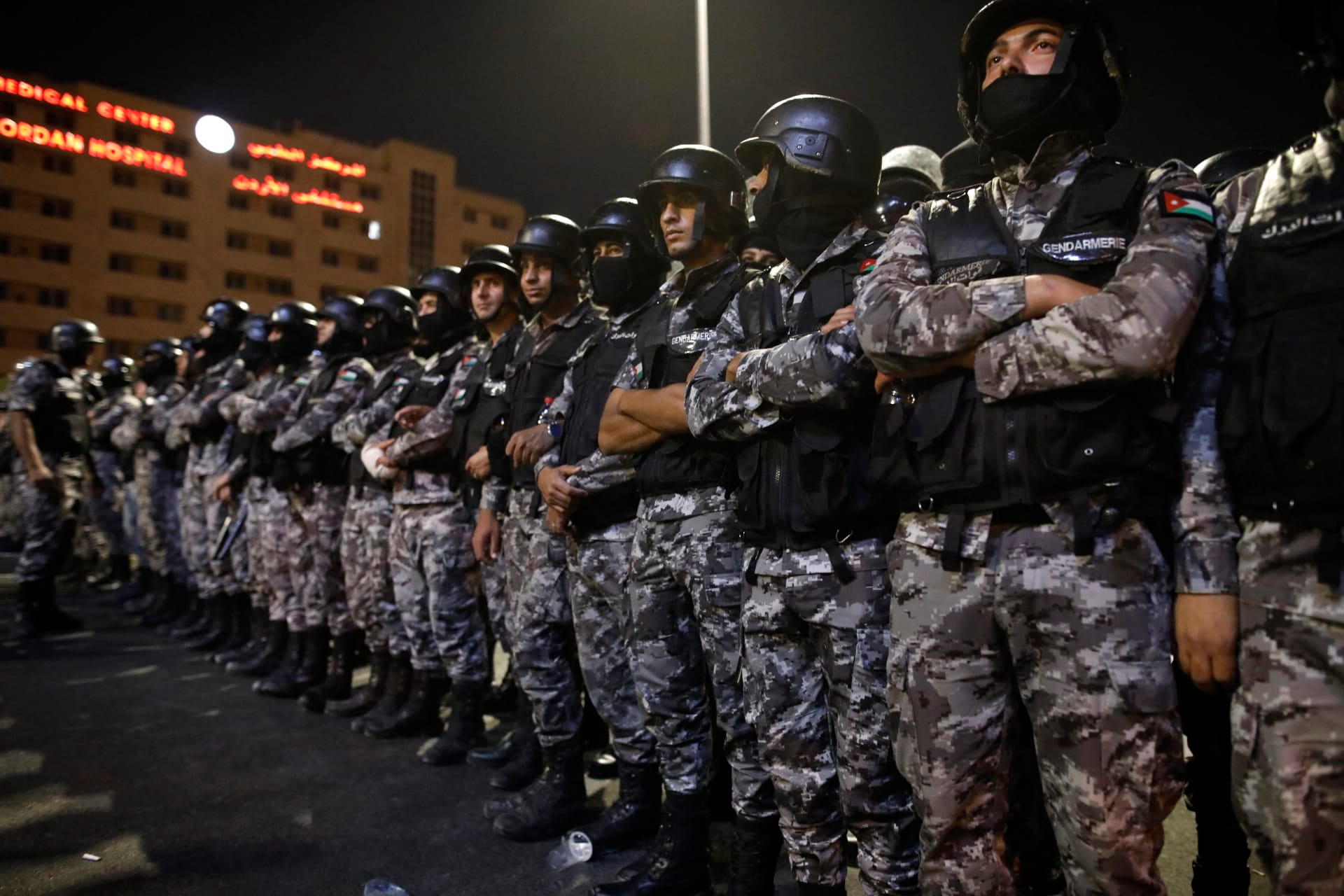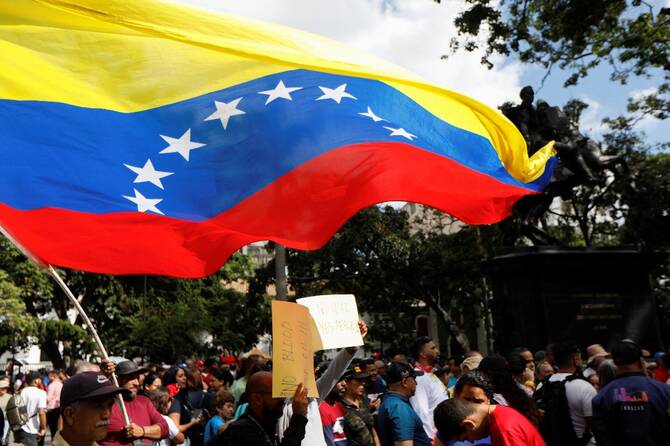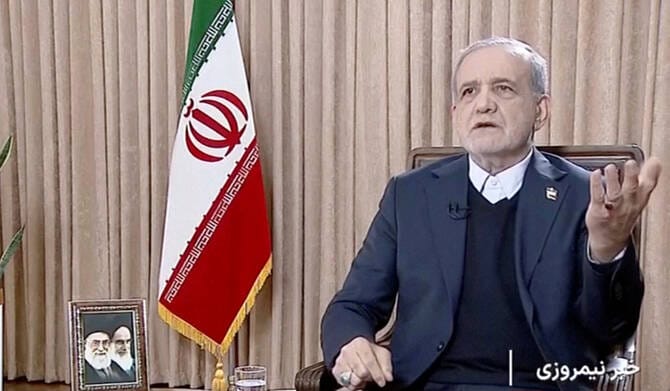A City in Ashes: The Hidden Tragedy of Bandar Abbas

Bandar Abbas, a bustling port city on Iran’s southern coast, is now a city of ashes, mourning, and unanswered questions. Days after a catastrophic explosion tore through the Shahid Rajaee port, the fires still burn, the air remains choked with black smoke, and families search desperately for loved ones who never came home.
It began on the afternoon of April 26. Witnesses recall a deafening blast that shook the entire city—its shockwave felt as far away as Hormuz Island. “The explosion was like a hammer hitting my skull,” one resident told Simay Azadi reporters. “In an instant, everything—memories, people, lives—was swallowed by smoke and fire.”
At the epicenter was the Sina Company compound, linked to the Islamic Revolutionary Guard Corps (IRGC), a firm reportedly involved in supplying arms and explosives to the regime’s military. But this was no ordinary accident. As information slowly seeps through censorship and government silence, a chilling narrative emerges: a lethal cargo, falsely declared as ordinary goods, stored illegally in an area never meant to hold hazardous materials.
https://t.co/yPLEPHBvTo
“It wasn’t registered in customs,” said one woman who narrowly escaped. “That container wasn’t supposed to be there. We know every inch of that port—no dangerous cargo is kept in that area. But they smuggled it in.”
The explosion’s toll is still shrouded in official secrecy. State figures acknowledge 70 dead and 22 missing. But eyewitnesses—and the grieving families—tell a far darker story. Some say the death toll exceeds 300. Others, over 600. A port security guard reported: “Many truck drivers were burned alive inside their vehicles. Some bodies were pulverized. There’s nothing left to count.”
Emergency responders faced a nightmare. Flames fed by unknown chemicals raged uncontrollably. “We didn’t even know what was burning,” admitted one firefighter. “When you don’t know what’s inside those containers, you can’t fight the fire. Every time we cooled one down, another exploded.”
Officials now admit the cargo included highly dangerous substances—possibly used in missile fuel production—misdeclared as harmless goods. Saeed Jafari, the CEO of Sina Company, confessed that the shipment was falsely labeled, bypassing safety regulations and oversight.
The clerical regime has barred the health ministry and local agencies from releasing casualty figures. “It’s a disaster,” one eyewitness said. “There are still bodies trapped under the rubble. But the fire’s so intense, even water cannons are melting.”
As the fires rage, so too does public anger. Across Iran, from Mashhad to Shiraz, from Bushehr to Sanandaj, communities hold vigils, light candles, and hang banners of mourning for Bandar Abbas. In some cities, truck drivers raised black flags in solidarity. In others, musicians ended performances early in silent tribute. The grief has crossed provincial lines; the fury has crossed political ones.
“This was no accident,” one resident declared. “This is the regime’s crime. They left us defenseless, sitting on a powder keg. And now they’re hiding the truth.”
Inside Bandar Abbas, the streets are eerily quiet, but hospitals are overwhelmed. Families line the walls, waiting for news—clinging to hope, fearing the worst. Behind the official denials and delayed numbers lies a raw, unhealed wound: a city gasping for air, mourning its dead, and calling for accountability.
“We poured our tears into the sea,” said one man standing by the docks. “The workers spilled their blood into the sea. And the sea will answer you.”
A quiet chant is growing louder in the city’s ruins: “It’s time to rise. It’s time to revolt. It’s time to end this tyranny.”





